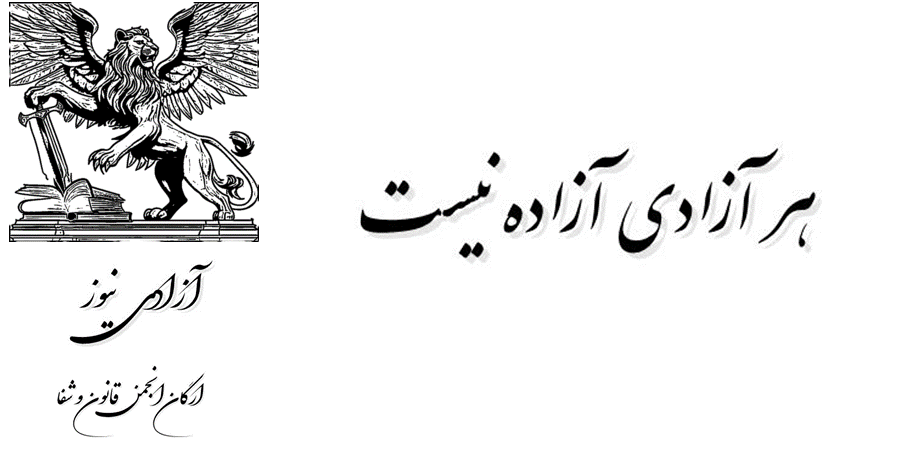According to the social reporter of Tasnim News Agency, Vahid Shariat stated in the 39th press conference of the Annual Congress of the Iranian Psychiatric Association about the prevalence of mental disorders in the country: Based on the study conducted in the year 1400, approximately 30% of the population are exposed to or suffering from some form of psychological disorder, whereas this figure was 21% twenty years ago. Therefore, the prevalence of mental disorders has significantly increased in recent years, which, of course, has been exacerbated by the spread of the coronavirus.
Gholamreza Hajati, the executive secretary of the annual congress of the Iranian Psychiatric Association, mentioned that psychiatric disorders can reduce a person’s lifespan by 10 to 20 years, stating: According to the conducted study, 30% of Iranians are experiencing some form of psychological problem or are at risk of developing one, while 60% of Iranians are unaware of their own mental disorders.
Opium, as an indigenous wealth (khodadadi) of Khorasan and the Middle East, has been traditionally used as an antidote and pain reliever in the Middle East and has been recommended by Ibn Sina and Razi. Opium has been of interest to physicians and surgeons due to its analgesic properties.
Opium is the dried extract of the poppy plant obtained by lancing the plant. Morphine constitutes about 12% of opium, which is an opioid analgesic alkaloid. Morphine is chemically converted into heroin and other opioids for medicinal purposes and drug production. Other alkaloids such as codeine, noscapine, papaverine, and thebaine are also present in opium. Opium is traditionally produced by lancing the seed capsules of the poppy plant, collecting the latex (sap), and drying it. By converting opium to morphine, 88% of the opium weight is reduced, making its smuggling easier. By converting morphine to heroin, its effect is approximately doubled, and its relative price also increases.
Continuous use of morphine leads to increased bodily dependence and addiction to this substance.
The consumption of drugs is considered a crime according to governmental laws, and the trade of these substances as criminal offenses entails legal consequences and even death.
According to Article 1 of the Law on Combating Narcotic Drugs, the following acts are considered crimes:
- Cultivating poppy entirely or cultivating opium poppy for the purpose of producing narcotics
- Importing, exporting, and producing various narcotics
- Transporting and storing narcotics
- Buying, selling, and distributing narcotics
- Establishing and managing places for the use and consumption of narcotics
- Using narcotics in any form except in cases permitted by law.
The production of equipment and supplies related to the production and consumption of narcotics
- Aiding and abetting criminals in the narcotics field who are being pursued or arrested by the police.
Hiding evidence and reasons for the crimes of criminals.
Article 2 of this law states:
Anyone who engages in poppy cultivation or pays attention to opium poppy cultivation for the production of narcotics will be punished according to the following scales, in addition to uprooting the cultivation each time:
- First offense: a fine of one to ten million rials in cash
- Second offense: a fine of five to fifty million rials in cash and thirty to seventy lashes
- Third offense: a fine of ten to one hundred million rials in cash, seventy lashes, and two to five years of imprisonment
- Fourth offense: execution
The discussion of criminal offenses and execution in narcotics does not consider the comprehensive psychotic and psychiatric diseases and unemployment in the community’s orientation towards drugs. Iranian society is categorized as aggressive and violent in terms of psychiatric considerations, and the principles of social legislation must be consistent with the social nature of the community. Prohibition of alcohol and drugs is considered a prohibition recognized for a community with psychotic and common psychiatric diseases, including depression.
Current legislative and judicial laws do not only conflict with the realities and social pressures of society but also take away recognized treatments and medications from society and seek to institutionalize religion for the social domination of nations and masses.
Dr. Amirali R. Davoudpour1
Email Address: Davoudpour@canmedlaw.org
Direct translation from Persian article Here
- Member of Iranian Medical and Legal Association (CanMedLaw),
member of Iranian Independent Bar of International Advocates (IIntbar) ↩︎


